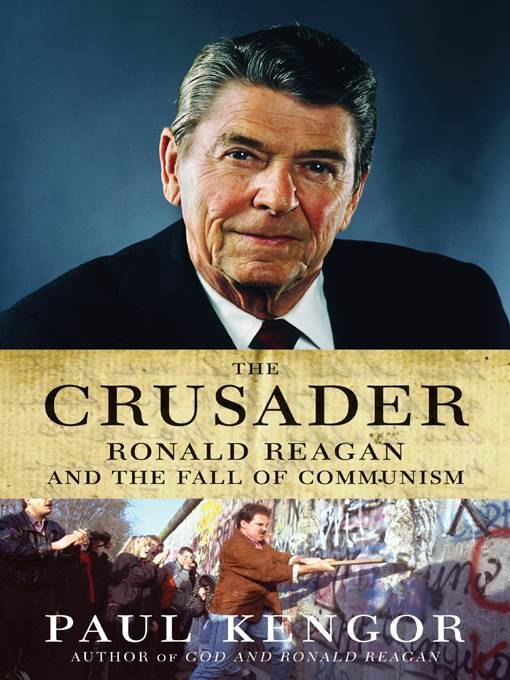
The Crusader
Ronald Reagan and the Fall of Communism
- اطلاعات
- نقد و بررسی
- دیدگاه کاربران
نقد و بررسی

August 21, 2006
In this hagiographic account, political scientist Kengor (God and Ronald Reagan
) makes the familiar case (made most recently by John Lewis Gaddis in The Cold War
) that Reagan played a decisive role in ending the Cold War. Reagan was troubled by communism well before he arrived at the White House. As a young man in Hollywood, he railed against the red threat, and as early as 1967, he called for the destruction of the Berlin Wall. As president, Reagan engaged in "economic warfare," invaded Grenada and proved that the Soviets couldn't win an arms race against the U.S. Though "those enslaved by the Soviet Communist state" didn't find freedom until after the Reagan administration, Dutch gets the credit. And what of other major figures who contributed to the Cold War's end? Gorbachev, of course, figures prominently, and John Paul II makes significant appearances—Kengor credits the pope with helping turn Reagan's attention to Poland. Ted Kennedy, on the other hand, emerges as a sneak and a dupe, willing to undermine U.S. foreign policy and make nice with the Russians. The book's structure is somewhat stilted—each chapter is broken up into short chunks, so it feels as though one is reading not a sweeping narrative, but an annotated time line of Reagan's presidency. While the book is workmanlike, the chronology is useful and the footnotes reveal an impressive amount of research.




دیدگاه کاربران